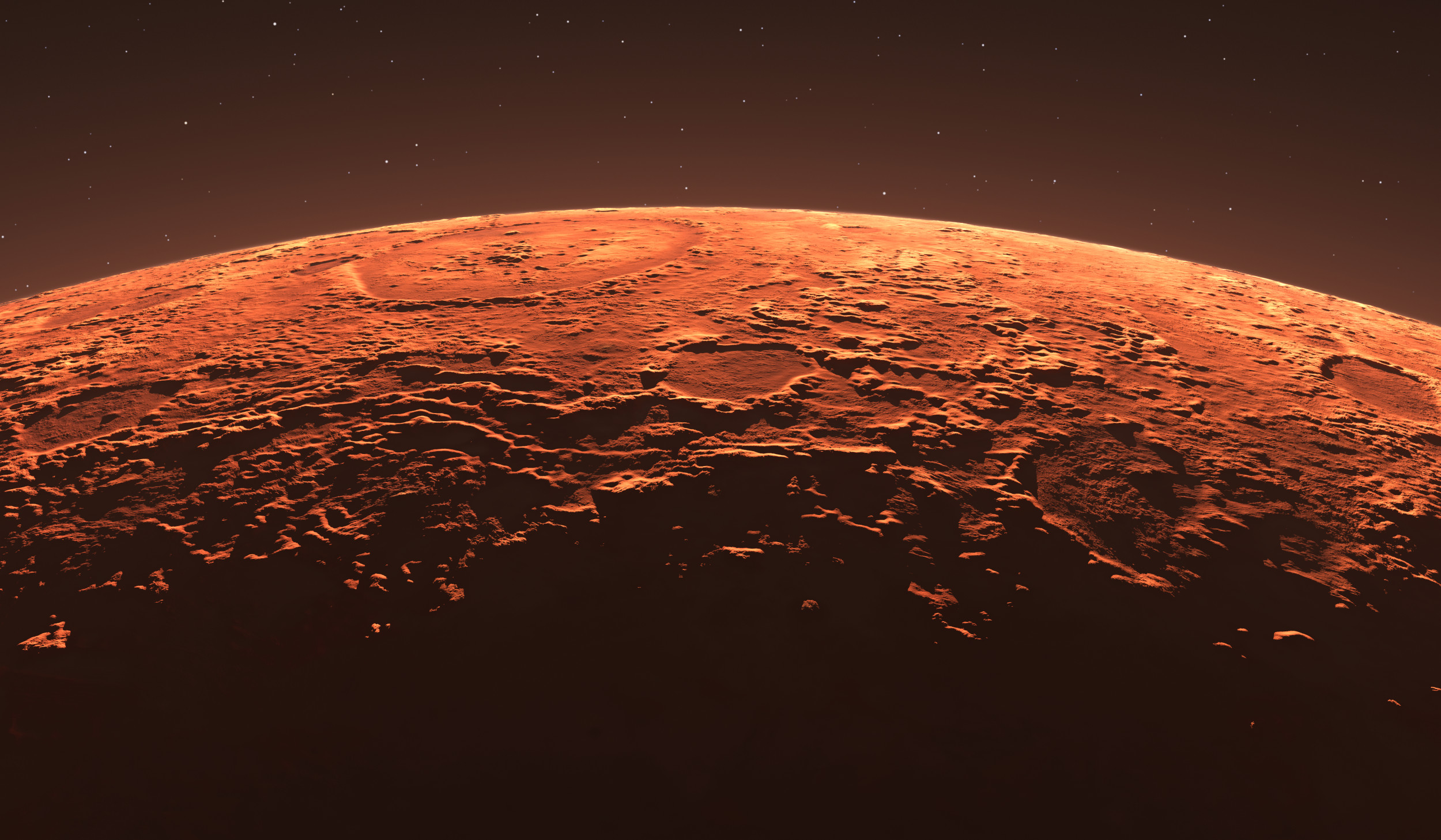Mars’ missing atmosphere may be locked up in the planet’s clay-rich surface, a new study by MIT geologists has suggested.
According to the researchers, ancient water trickling through Mars’ rocks could have triggered a series of chemical reactions, converting CO2 into methane and trapping the carbon in clay minerals for billions of years.
Billions of years ago, Mars was a very different place—likely wet, with rivers flowing across its surface and a thick atmosphere of carbon dioxide (CO2) insulating the planet. However, around 3.5 billion years ago, the red planet’s atmosphere thinned and its water dried up, leaving behind the cold desert we see today.
A central mystery in planetary science has been: where did all that carbon dioxide go?



So many questions about Mars.
How was it able to form an atmosphere in the first place?
How was that atmosphere sustained?
How long did it exist?
Was there ever any kind of protective field?
Etc.